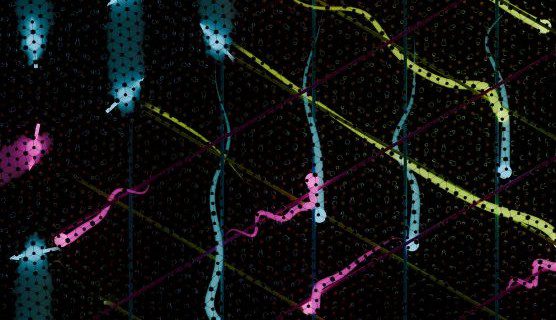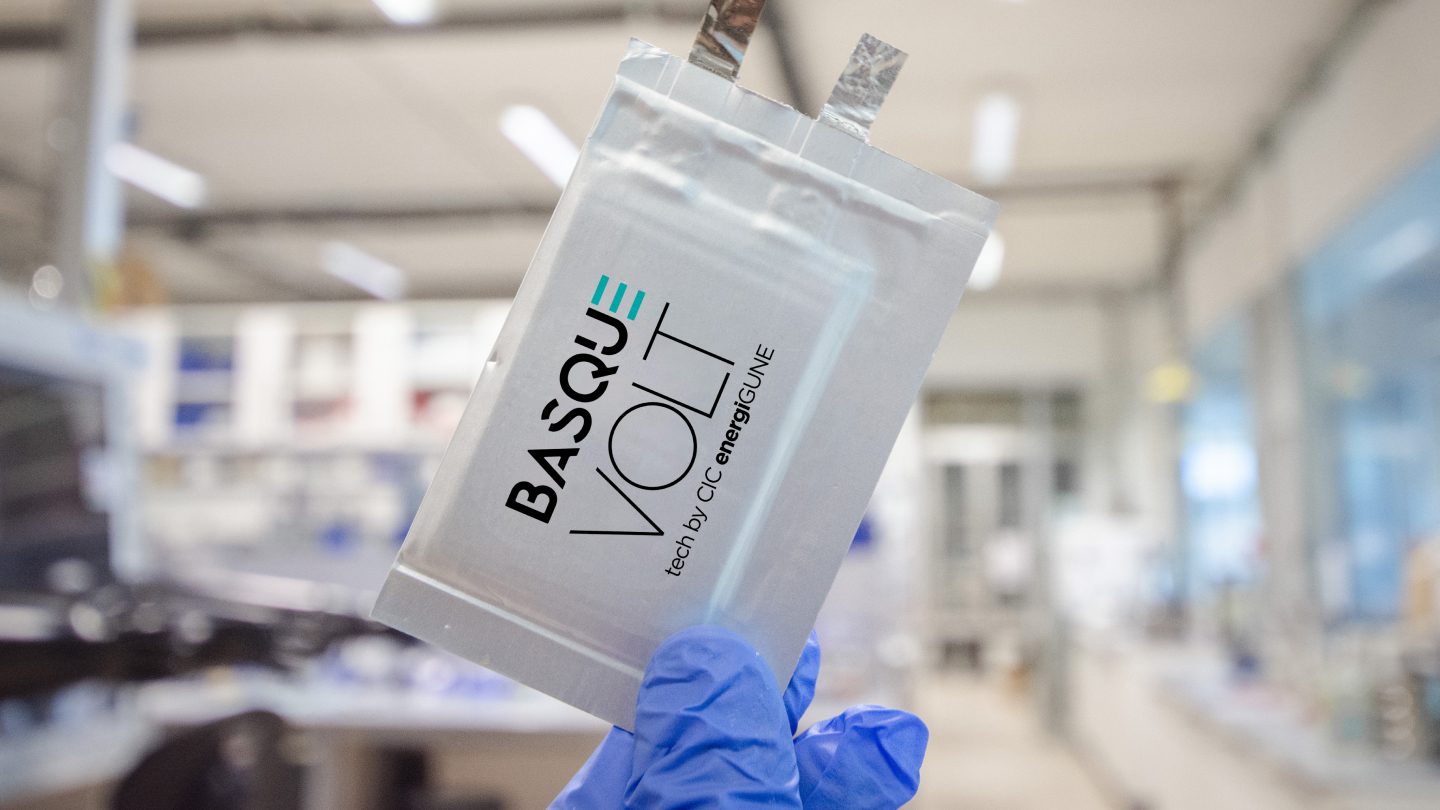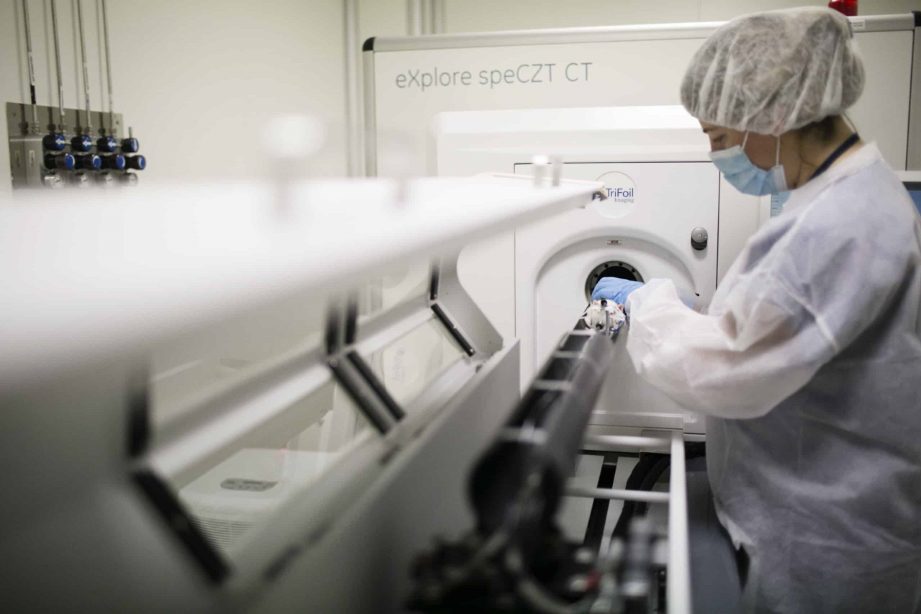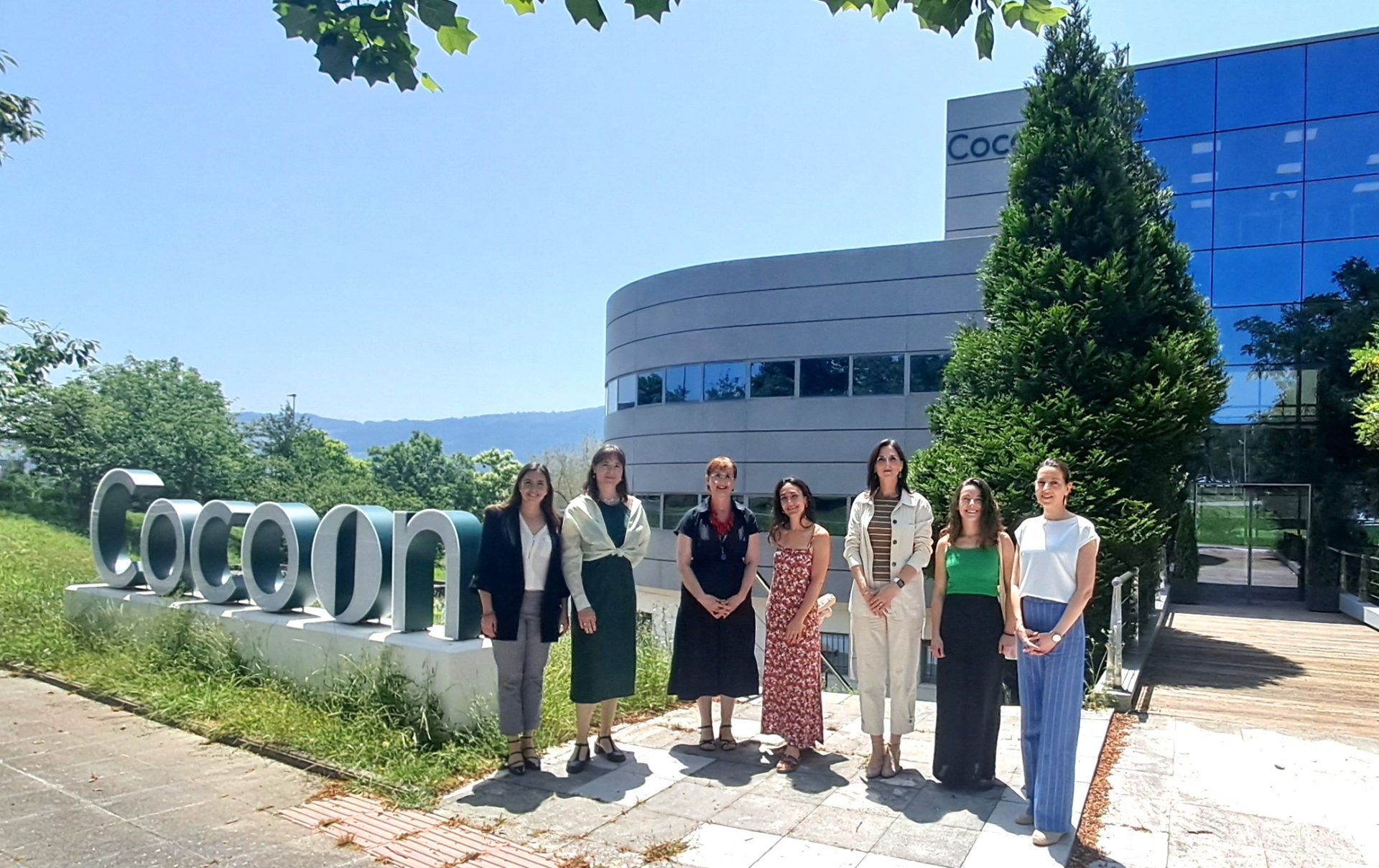Basque Country Technology Park closes 2023 with positive results and embarks on its expansion and growth process with new projects in the pipeline
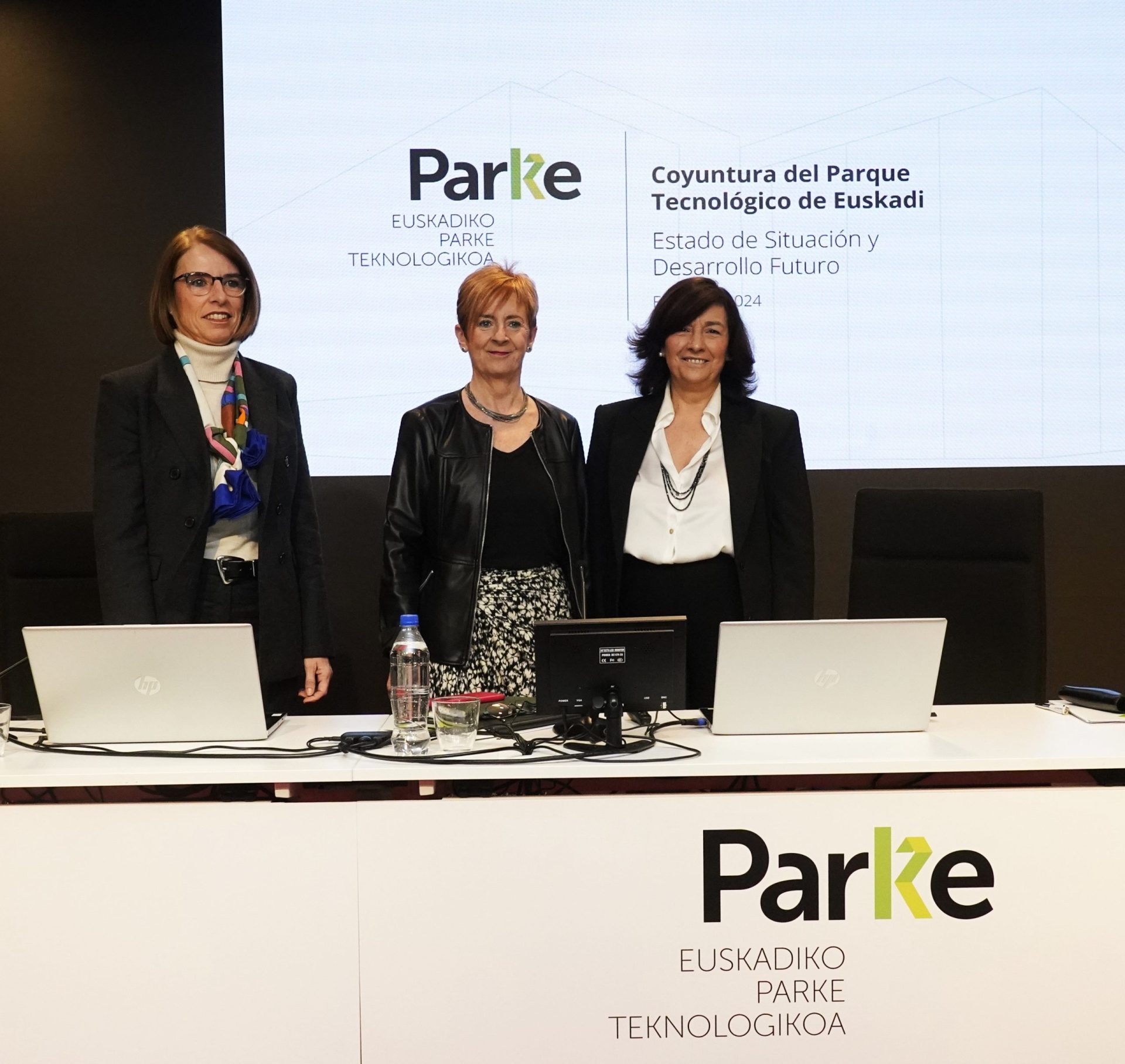
The park concentrates 660 companies, has an occupancy rate of over 90%, and has consolidated transformational projects in energy, mobility and health.
The “multi-campus” model allows for sustainable and digital management and companies rate the service provided by the Park at 8.9.
The future of the park will allow for its expansion on the Vitoria-Gasteiz Campus, on the Donostia Campus towards Illunbe and new campuses in Bilbao, Ortuella and Hondarribia.
This morning, the Vitoria-Gasteiz Campus of the Basque Country Technology Park hosted an informative session entitled “Situation of the Basque Country Technology Park: State of affairs and future development”, which reviewed the main results obtained by the Technology Park over the last four years, and presented the main challenges it faces in the near future.
The Regional Minister for Economic Development, Sustainability and the Environment, Arantxa Tapia, together with the President and General Manager of the Basque Country Technology Park, Estibaliz Hernáez and Itziar Epalza, presented the most relevant data on the management of the Technology Park over the last four years, during which the 2024 Strategic Plan has been in force as an essential tool for tackling a process of expansion and growth at all levels.
In this sense, the conference highlighted the high level of success achieved in the different indicators foreseen, which have resulted in the start-up of a new Campus (Abanto), the construction of new buildings on the Zamudio/Derio, Vitoria-Gasteiz, Donostia and Hernani Campuses, and the start of the process to develop three new Campuses: Ortuella, Bilbao and Hondarribia.
For the first time in the history of the Technology Park, in 2023 the balance of results has been positive in the three territories. The dynamism and activity of the Park have required 22 capital increases to the value of 95 million euros over the years, and have allowed the accumulated investment between 2012 and 2022 to exceed 165 million euros.
The high occupancy rate requires the Technology Park to be expanded in Araba, Bizkaia and Gipuzkoa
Likewise, the occupancy figures reached in 2023, in buildings and plots, have been very positively valued, with the main campuses reaching over 90%. In the case of Donostia, the occupation of buildings is almost 100%, which highlights the need to act quickly to expand the Technology Park in Gipuzkoa through the expansion of the Donostia Campus itself (with action in the area of Illumbe) and with the Hernani and Hondarribia Campuses (for which it is necessary to have the new PGOU of the municipality).
In this sense, it has been recalled that the Technology Park is an essential agent in the Basque science and technology ecosystem, which concentrates 660 companies (1% of all the companies established in the Basque Country) and where nearly 22,000 people work, half of them with a higher degree.
Multi-campus” model with connected parks
As key aspects of the current situation of the Technology Park, mention was made of the recent launch of the new “multi-campus” model, the development of a strategy based on the SDGs, the Parke Verde and Parke Smart initiatives, the new catalogue of differential services for companies and professionals, and the social commitment.
By territory, the most noteworthy actions have been the following: In Álava, the opening of the urban planning process for the extension of one million square metres and the start-up of the first private MPN 5G Network of a Technology Park in the whole of Spain. Important strategic projects such as AVS Next, Basquevolt, Robotekin and Vitoria-Gasteiz MobilityLab have also been completed, the wind tunnel has been launched and the Marie Curie building has been fully occupied.
New developments in Bizkaia included the inauguration of the Abanto Campus, which will be key to the positioning of the Basque Country in the field of energy, and the signing of the agreement for the creation of the Bilbao Campus on the island of Zorrotzaurre. The development of the Ortuella Campus as a food innovation pole was also announced, and new strategic projects were presented at the Zamudio/Derio Campus, such as those of CFAA, EIC, FAES Pharma and Sener.
The case of Gipuzkoa has followed a similar path to that of Bizkaia, combining the growth of the Donostia Campus through new buildings and strategic projects such as Viralgen or Fabrika and the growth of companies such as Graphenea or Vicomtech, with the consolidation of the Hernani Campus (new headquarters for the company Couth and announcement of a new eco-sustainable building) and the first steps towards the creation of the Hondarribia Campus.
Sustainable and digital growth
With regard to future challenges, the managers of the Basque Country Technology Park mentioned several global aspects, such as the development of the MPN 5G network on all campuses, the gradual replacement of fossil fuels, the promotion of renewable energies and self-consumption, and the implementation of Digital Twins in buildings, infrastructures and urban development.
In terms of territories, the challenges in Alava include setting up new buildings for data economy and cybersecurity activities, constructing a new laboratory building, creating a living room for testing connected mobility solutions in real spaces, and especially, continuing to grow and bringing the Campus closer to the city of Vitoria-Gasteiz.
Bizkaia’s challenges differ depending on the location of its campuses. In Bilbao, the possibility of building a tower in the southern area to house health and Biosciences projects, and preparing the geothermal energy project. In Abanto, the start-up of the hydroline station and the hydrogen livinglab. In Ortuella, the laying of the first stone. And on the Leioa Campus, the start-up of the student residence.
Finally, in Gipuzkoa, the main challenge for the Donostia Campus is the agreement with the Donostia-San Sebastián City Council for the extension and construction of the first building in Illunbe; the start of work on the new building on the Hernani Campus; and the progress and consolidation of the Hondarribia Campus project, once the new PGOU of the municipality is available.
